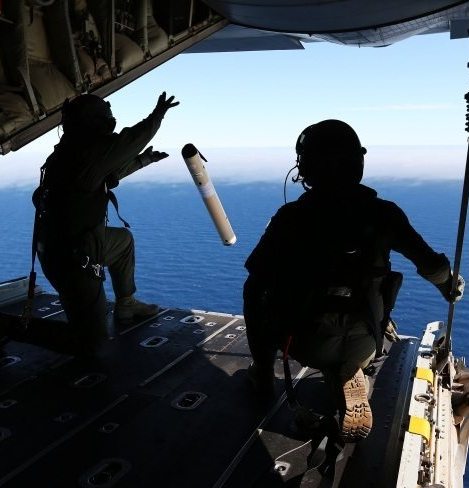You’re out of your depth: Australia’s search for MH370 under scrutiny
More than a year after embarking on a multi-million dollar quest to solve one of aviation’s greatest unsolved mysteries, authorities and search teams are being criticised over their approach to finding Flight MH370 in the remote southern Indian Ocean. The Australian-led search, already the most expensive in aviation history, has found no trace of the Malaysia Airlines jet or its 239 passengers and crew, prompting calls for a rethink into the way the mission is conducted. Experts involved in past deep-water searches say the search to find MH370 could easily miss the plane as Dutch company Fugro NV, the firm at the forefront of the mission, is using inappropriate technology for some terrain and inexperienced personnel for the highly-specialised task of hunting man-made objects.
Fugro is a big company but they don’t have any experience in this kind of search and it’s really a very specialised job.
Paul-Henry Nargeolet, a former French naval officer
Three of the bidders rejected for the MH370 contract have taken the unusual step of detailing their concerns - months down the track - directly to Australian authorities in correspondence viewed by Reuters. Several other experts are also critical, including some who requested anonymity, citing the close knit nature of the industry which has just a few companies and militaries capable of conducting deepwater searches. Australia took over the search for the missing plane from Malaysia in late March last year, three weeks after MH370 disappeared off the radar during a flight from Kuala Lumpur to Beijing.
This is a big job…I’m not an Australian taxpayer, but if I was, I would be very mad to see money being spent like that.
Paul-Henry Nargeolet

World mh370